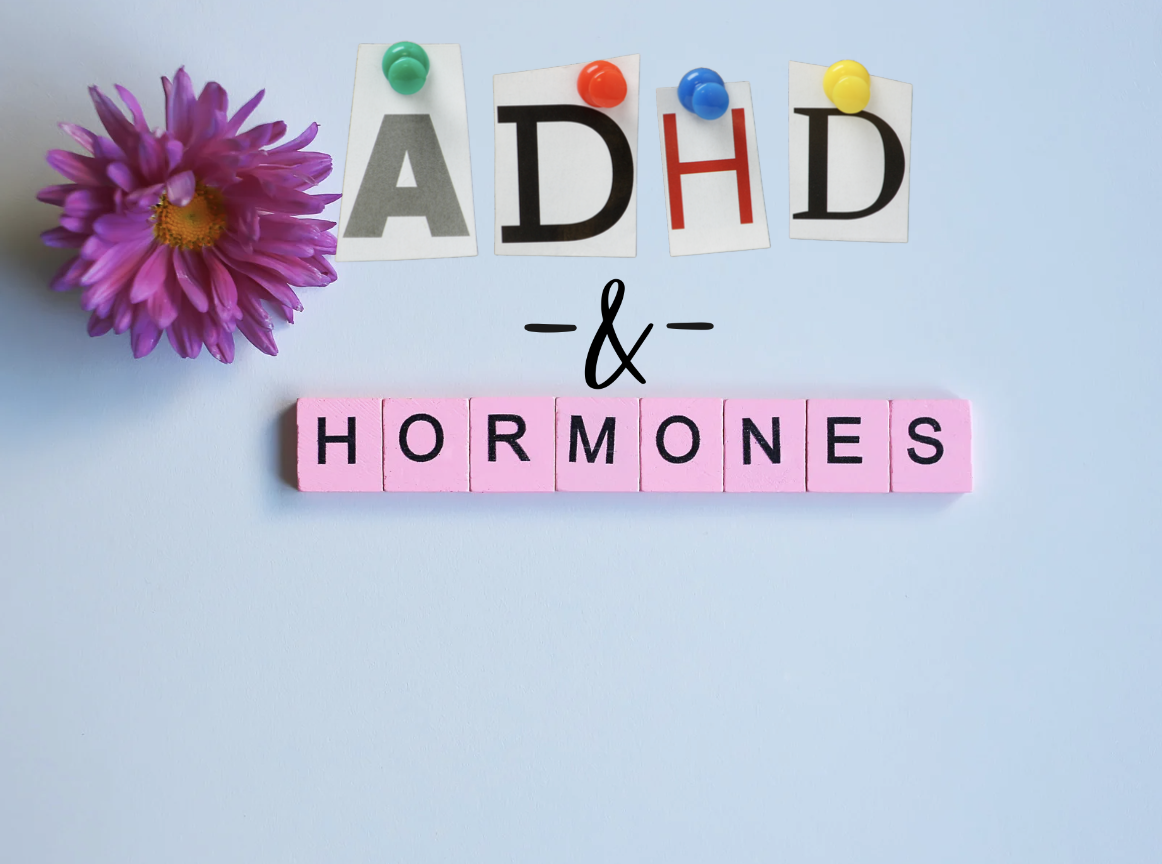
Attention-Deficit/Hyperactivity Disorder (ADHD) is a neurodevelopmental disorder that affects millions of individuals worldwide. It's characterized by symptoms such as impulsivity, hyperactivity, and difficulty sustaining attention. While the exact causes of ADHD remain complex and multifaceted, researchers have been exploring various factors that contribute to its development. One fascinating area of investigation is the connection between ADHD and hormones. This article delves into the intriguing relationship between these two factors, shedding light on how hormonal fluctuations may influence ADHD symptoms and their management.

The Role of Hormones in ADHD
Hormones are powerful chemical messengers that regulate various bodily functions, including growth, metabolism, mood, and more. These chemical signals play a significant role in brain development and function, making them potential contributors to neurodevelopmental disorders like ADHD. The brain's intricate network of neurotransmitters, such as dopamine and norepinephrine, is closely linked to ADHD symptoms. Hormones like cortisol, testosterone, and estrogen have been of particular interest due to their potential involvement in modulating these neurotransmitter systems.

- Cortisol and Stress Response
Cortisol, often referred to as the "stress hormone," is released by the adrenal glands in response to stress. Chronic stress during critical periods of brain development could potentially impact neural pathways and contribute to ADHD symptoms. High levels of cortisol have been linked to impairments in executive functions, attention, and memory—areas often affected in individuals with ADHD.
- Testosterone and Estrogen
Testosterone and estrogen are primarily associated with male and female reproductive systems, respectively. However, both hormones exist at varying levels in both sexes and play essential roles in cognitive function. Research suggests that higher levels of testosterone might be associated with increased impulsivity and risk-taking behaviors—traits commonly observed in ADHD. On the other hand, fluctuations in estrogen levels, particularly during the menstrual cycle, could influence ADHD symptom severity, potentially exacerbating mood-related symptoms.
Hormonal Fluctuations and ADHD Symptoms

The relationship between hormones and ADHD is complex and not fully understood. However, there is evidence to suggest that hormonal fluctuations could influence the expression and severity of ADHD symptoms. For instance:
- Puberty and Adolescence: Puberty is a time of significant hormonal changes. Adolescents with ADHD might experience intensified symptoms due to hormonal fluctuations, making diagnosis and management challenging during this period.
- Menstrual Cycle: Some studies have reported that individuals with ADHD experience worsening symptoms during specific phases of the menstrual cycle, particularly the luteal phase when estrogen and progesterone levels rise.
- Pregnancy: Pregnancy involves substantial hormonal shifts that could potentially impact ADHD symptoms. Some women might experience changes in symptom severity during pregnancy due to alterations in hormone levels.
Managing ADHD Considering Hormonal Factors

Understanding the potential link between ADHD and hormones can have implications for its management:
- Personalized Treatment Plans: Recognizing the influence of hormonal fluctuations on ADHD symptoms can lead to more personalized treatment strategies. Healthcare providers could consider adapting treatments during certain periods of hormonal change.
- Lifestyle Interventions: Managing stress through relaxation techniques, exercise, and mindfulness might help regulate cortisol levels, potentially alleviating some ADHD symptoms.
- Hormone Regulation: Research into hormone-regulating medications and interventions could offer new avenues for managing ADHD symptoms.
Conclusion
The relationship between ADHD and hormones is an evolving area of research that holds promise for a deeper understanding of the disorder's underlying mechanisms. While hormones are not the sole cause of ADHD, they appear to play a role in influencing its expression and severity. Acknowledging the connection between hormonal fluctuations and ADHD symptoms opens up new possibilities for tailoring interventions and improving the lives of individuals living with this complex neurodevelopmental disorder. As research in this field continues, we may gain valuable insights into how hormones and ADHD intersect, leading to more effective treatments and interventions.



